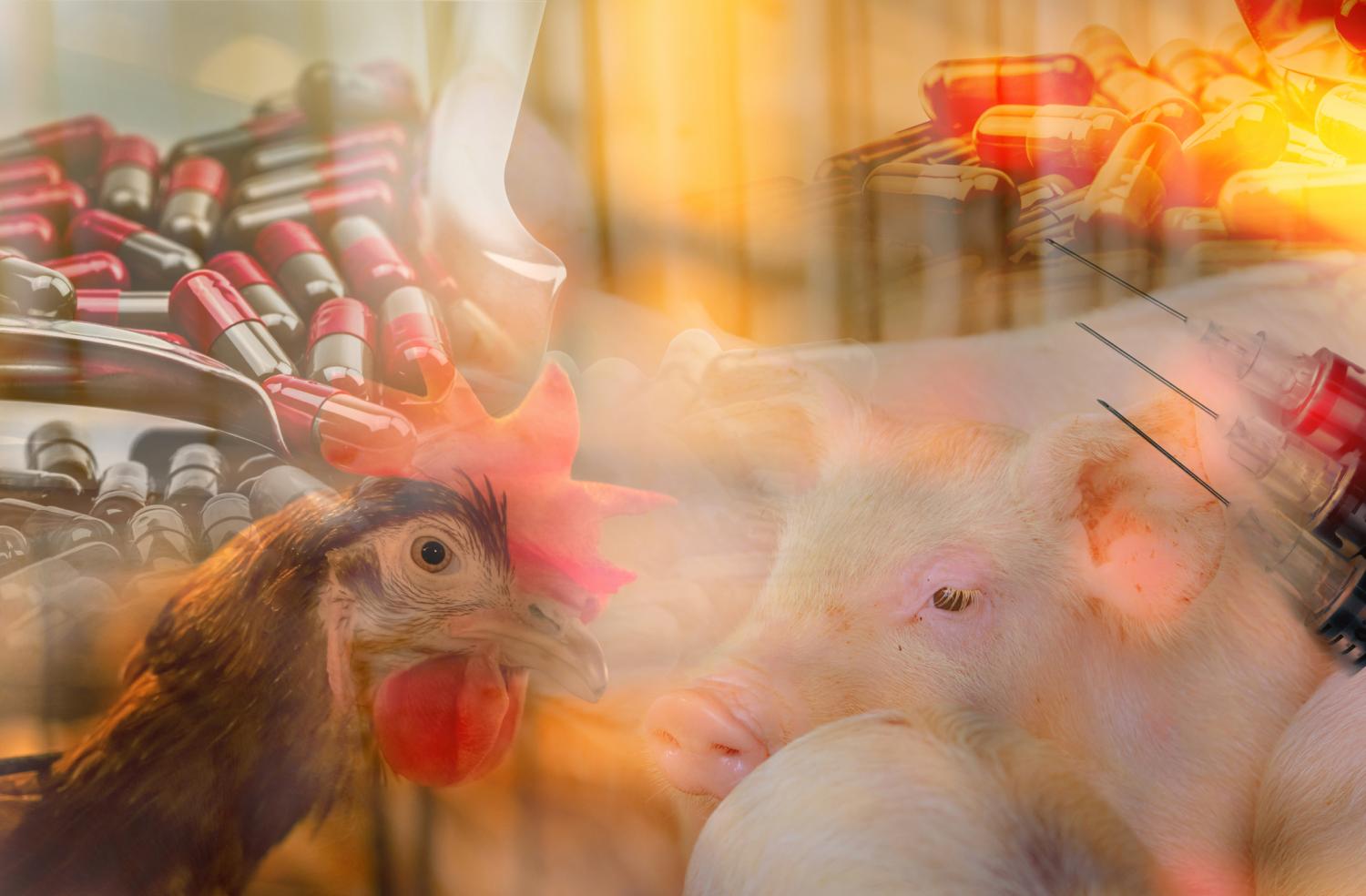
Negativity about vaccines surged 27% on Twitter after COVID-19 vaccines first became available, according to a new study presented this week at the European Society of Clinical Microbiology and Infectious Diseases (ESCMID) Global Congress.
In the years prior to COVID-19, there were more negative statements about vaccines than positive ones, but the introduction of vaccines and news about mandating vaccines caused negative statements to spike on Twitter, now called X.
The study used data from an open-source software (the Snscrape library in Python). The program downloaded tweets with the hashtag "vaccine" published on Twitter from January 1, 2018, to December 31, 2022.
A total of 567,915 tweets were extracted and analyzed, with 458,045 classified as negative and 109,870 as positive by a machine-learning algorithm. After the introduction of COVID-19 vaccines at the end of 2020, there were on average 10,201 more vaccine-related tweets per month.
Negative tweets peaked in April 2021
The program identified 310,508 tweets (12,420 a month on average) with negative sentiment after December 11, 2020. This represents a 27% increase in negative tweets than would be expected had the COVID-19 vaccines not been introduced (9,785 a month, 95% confidence interval, 9,282 to 10,249).
April 2021, the month the White House announced that all people aged 16 and older would be eligible for the COVID-19, had the highest number of negative tweets.
"Vaccines can prevent complications from diseases for which we have limited treatment options, such as influenza and COVID-19, but there has been growing opposition to their use in recent years," said first study author Guillermo Rodriguez-Nava, MD, of Stanford University, in an ESCMID press release.
The damage caused by negative voices is already apparent.
"The damage caused by negative voices is already apparent, with clusters of measles re-emerging in countries where it was previously considered eradicated."















